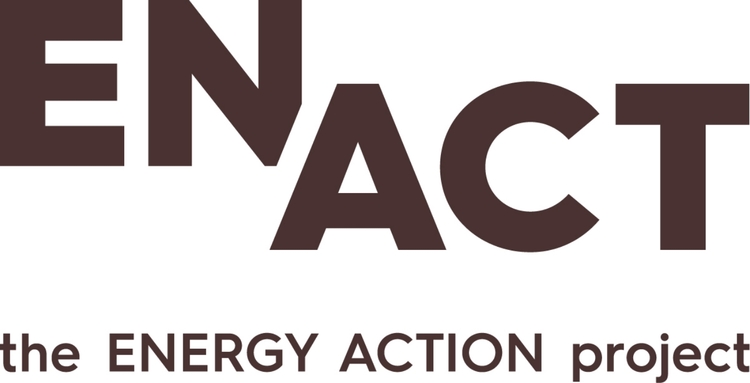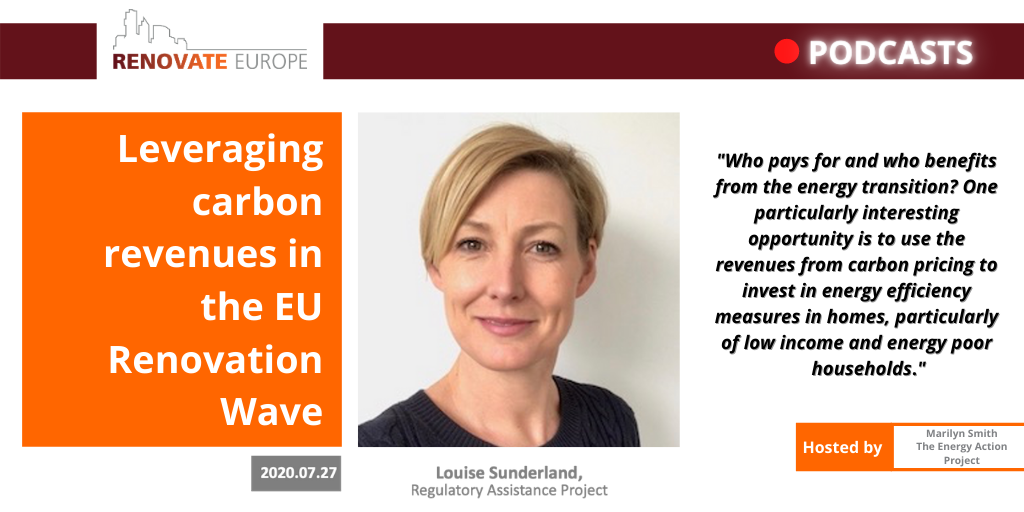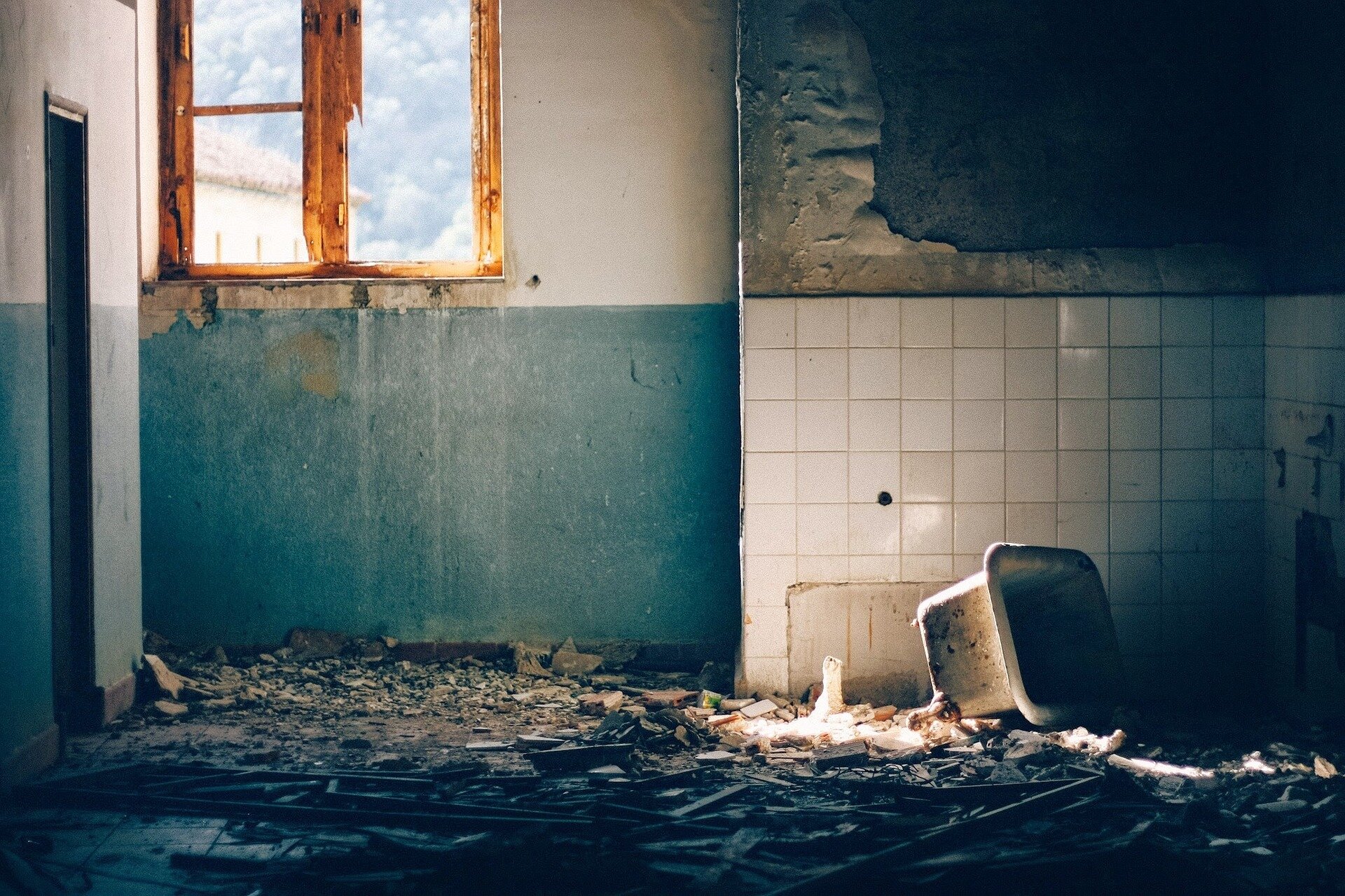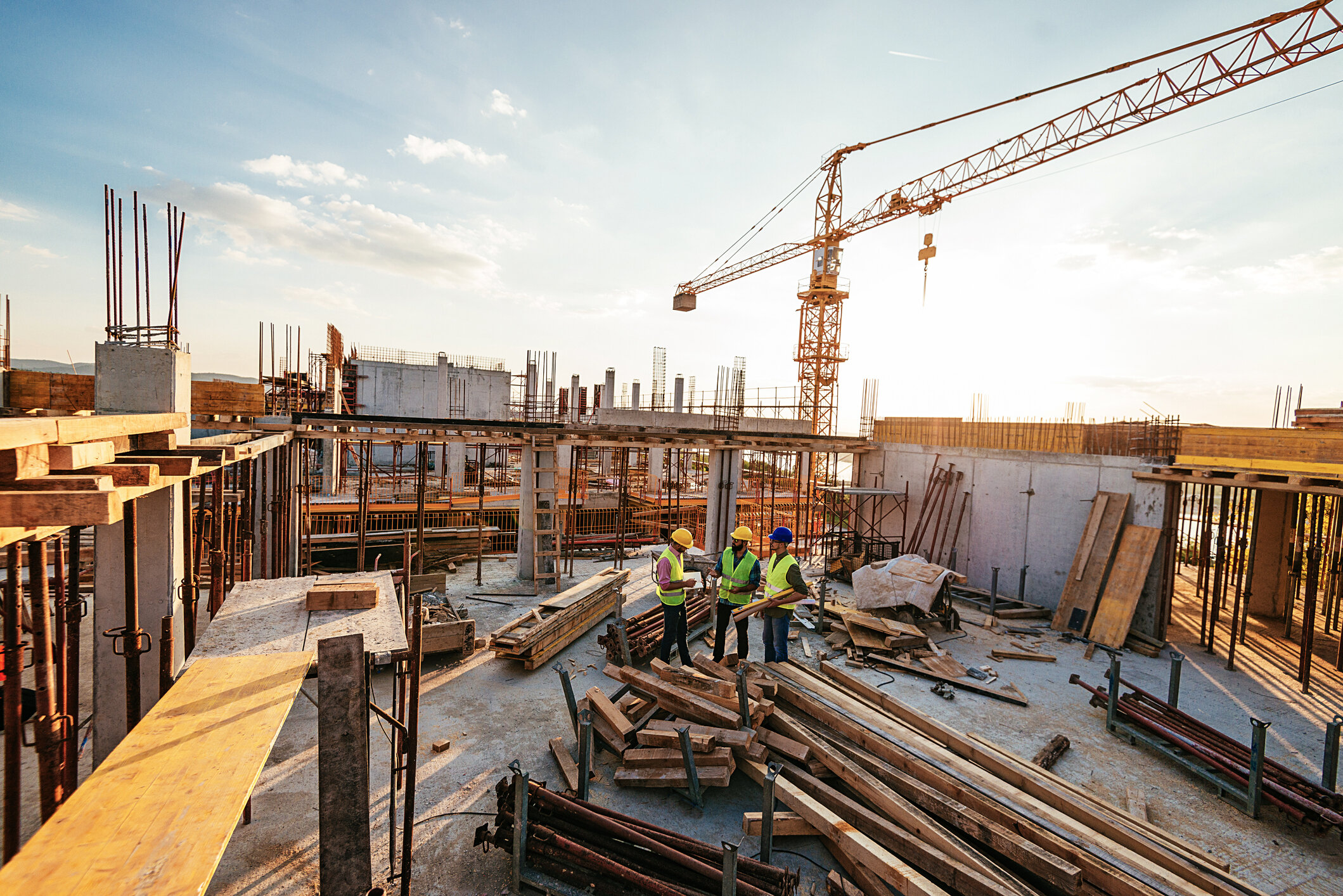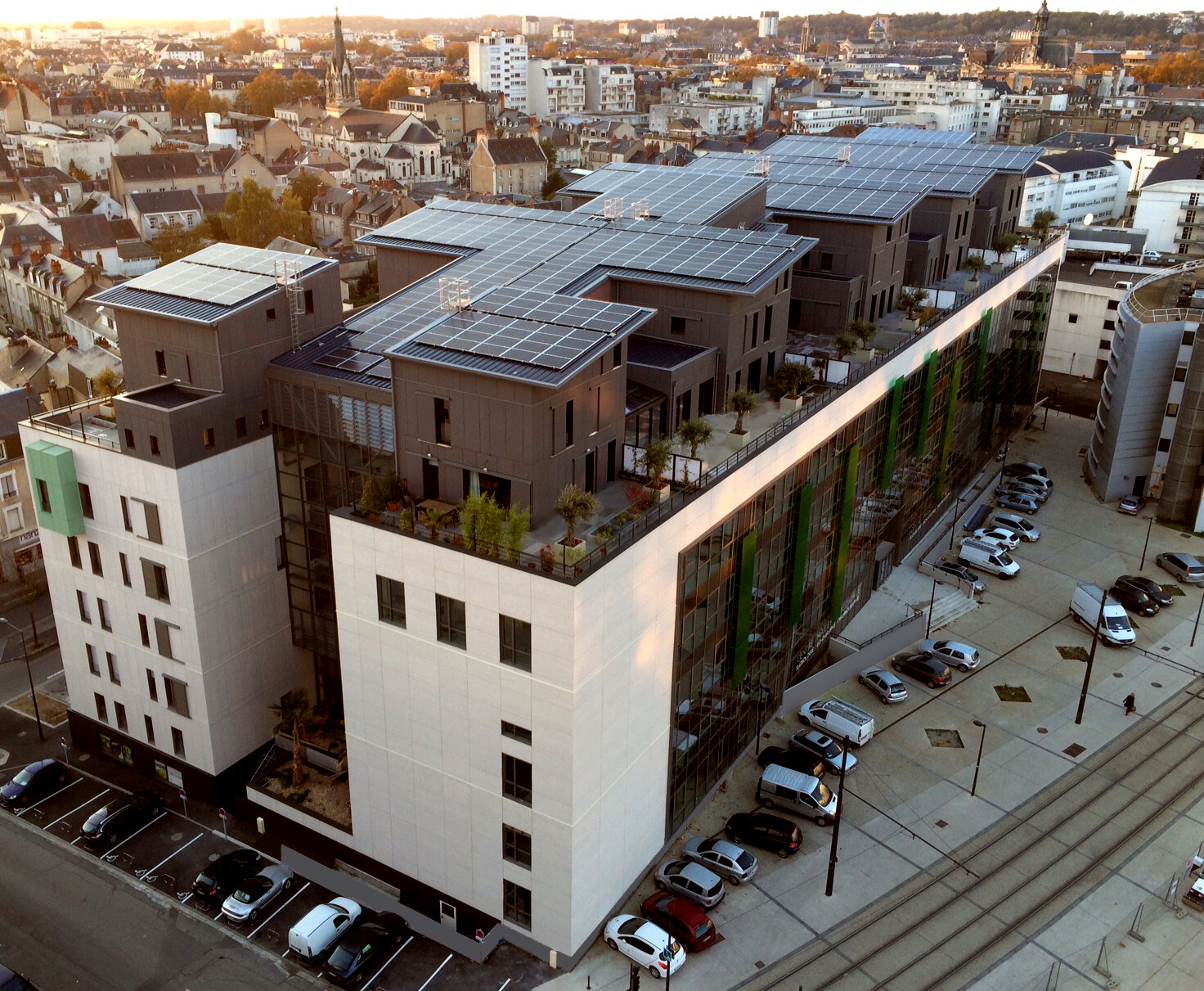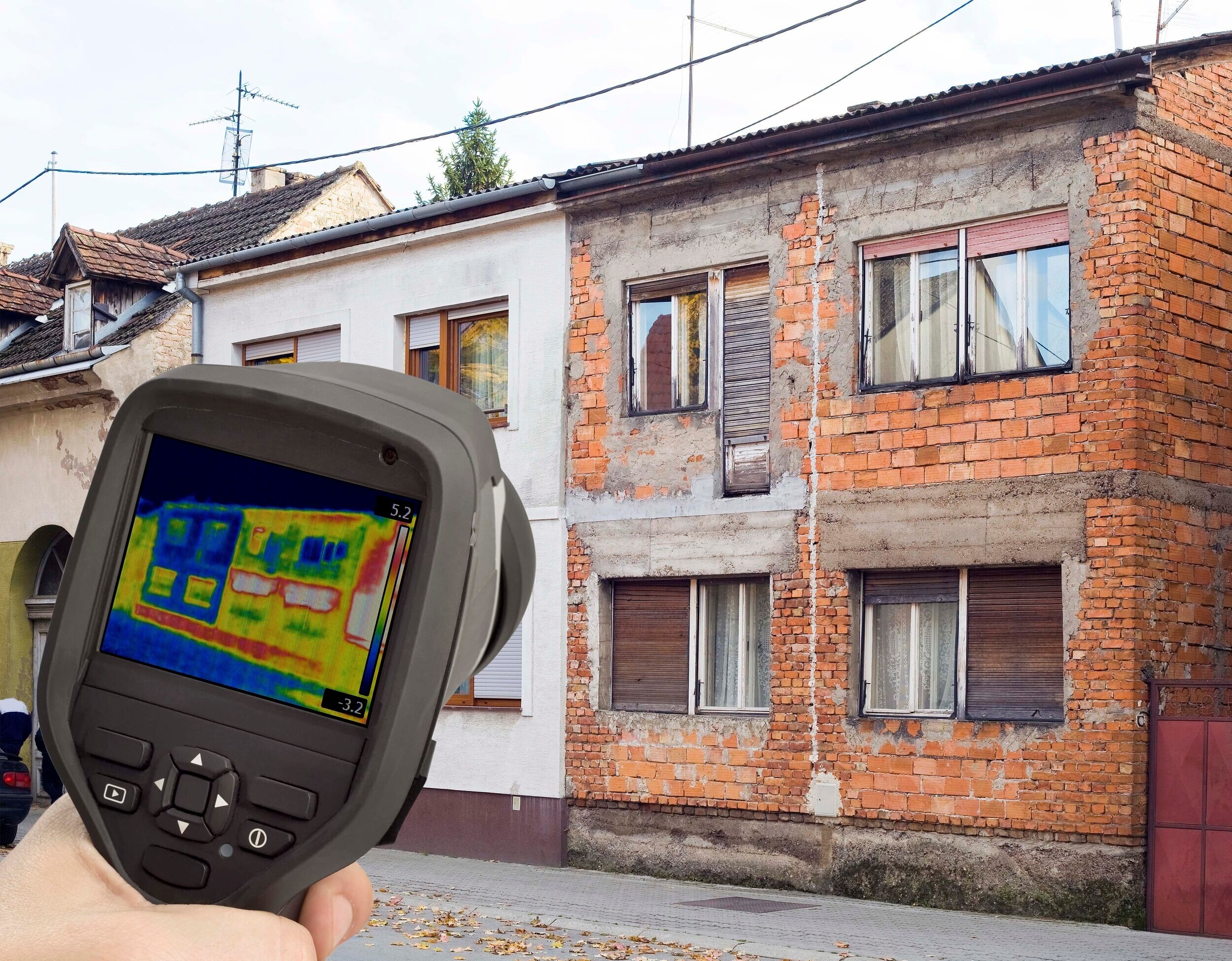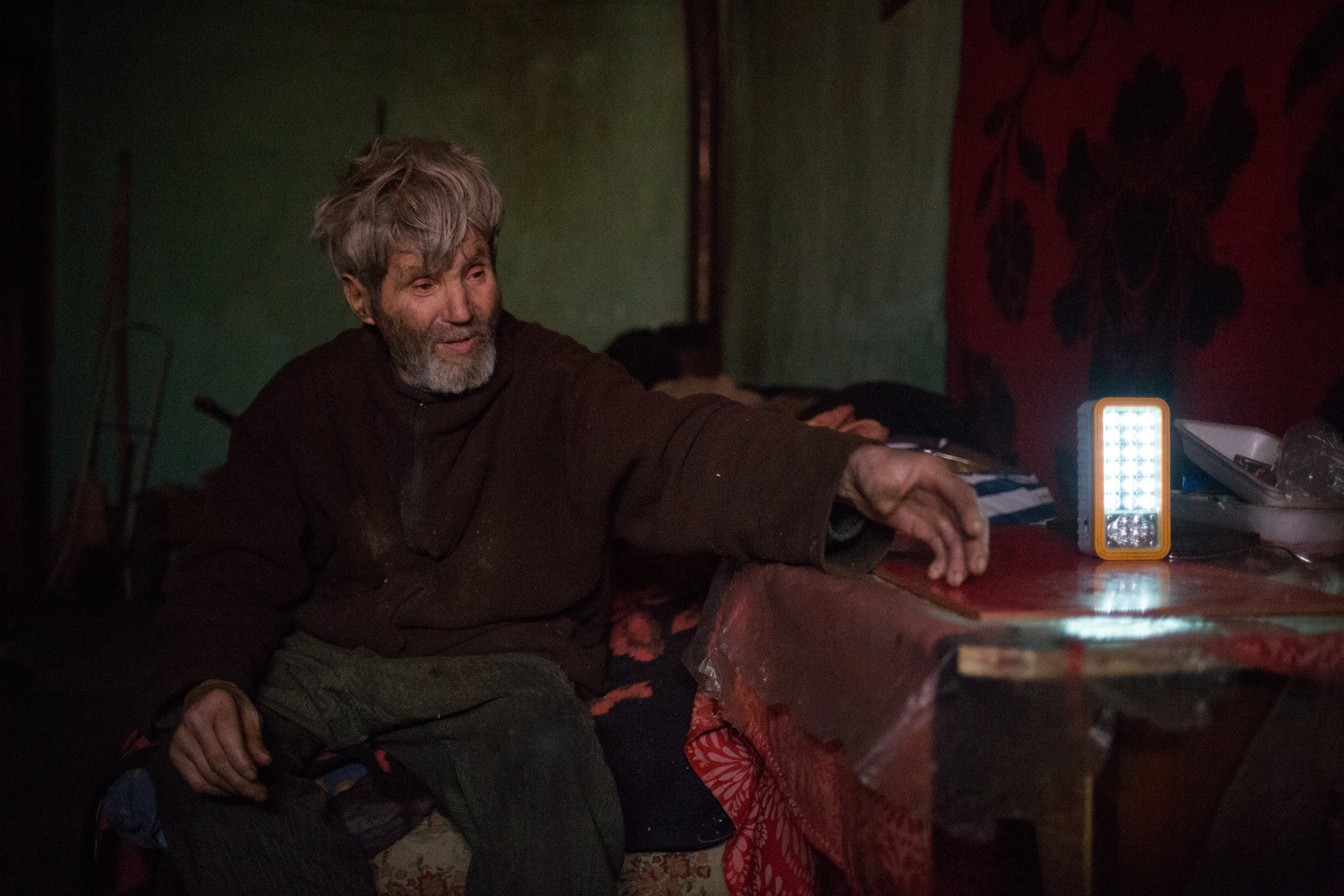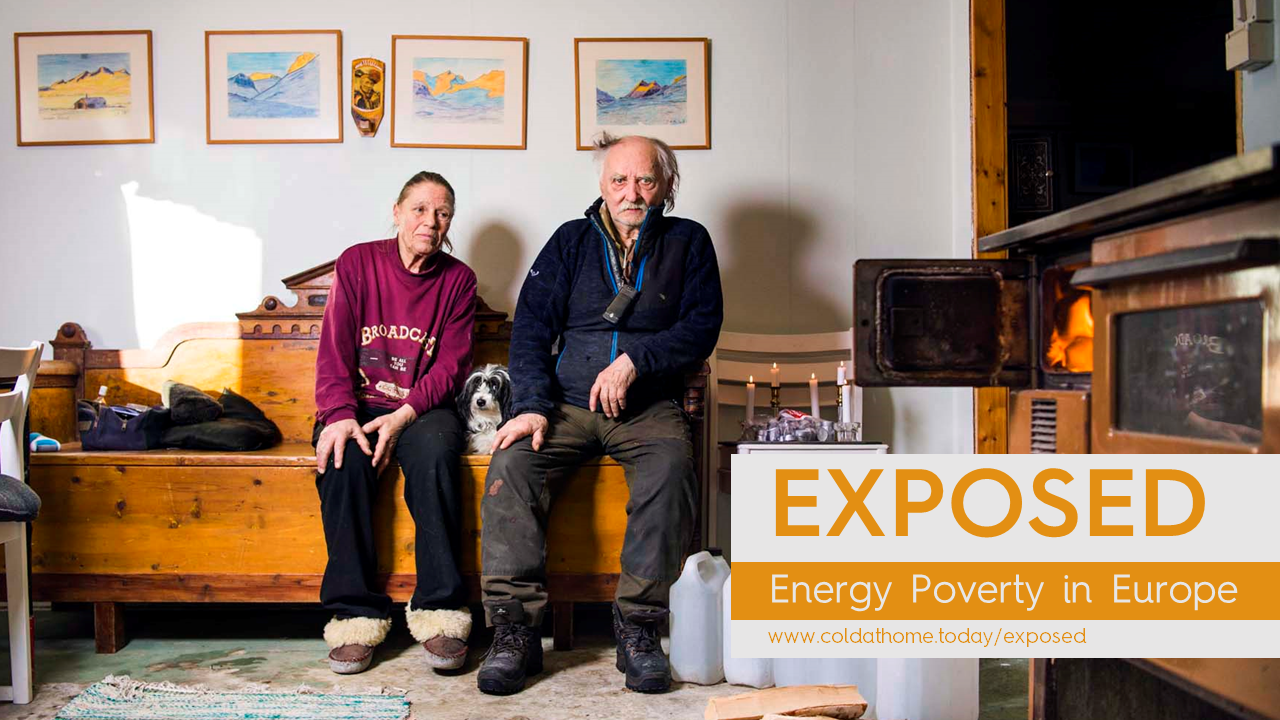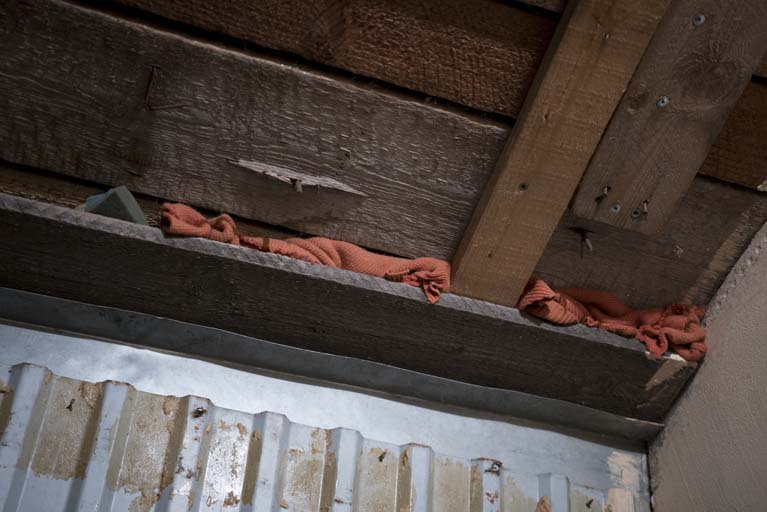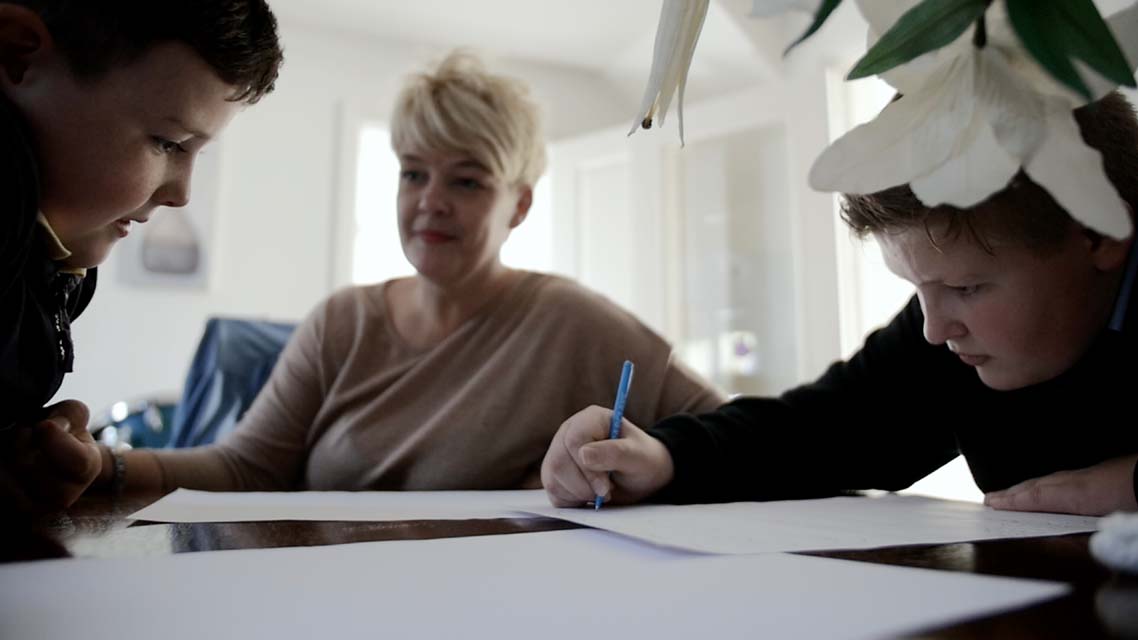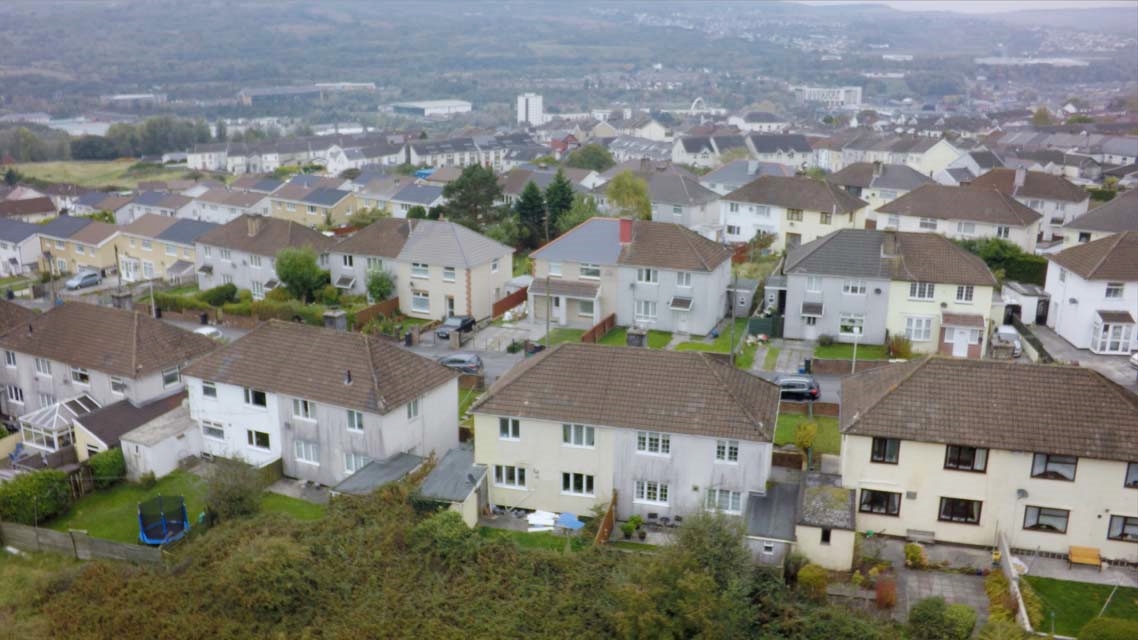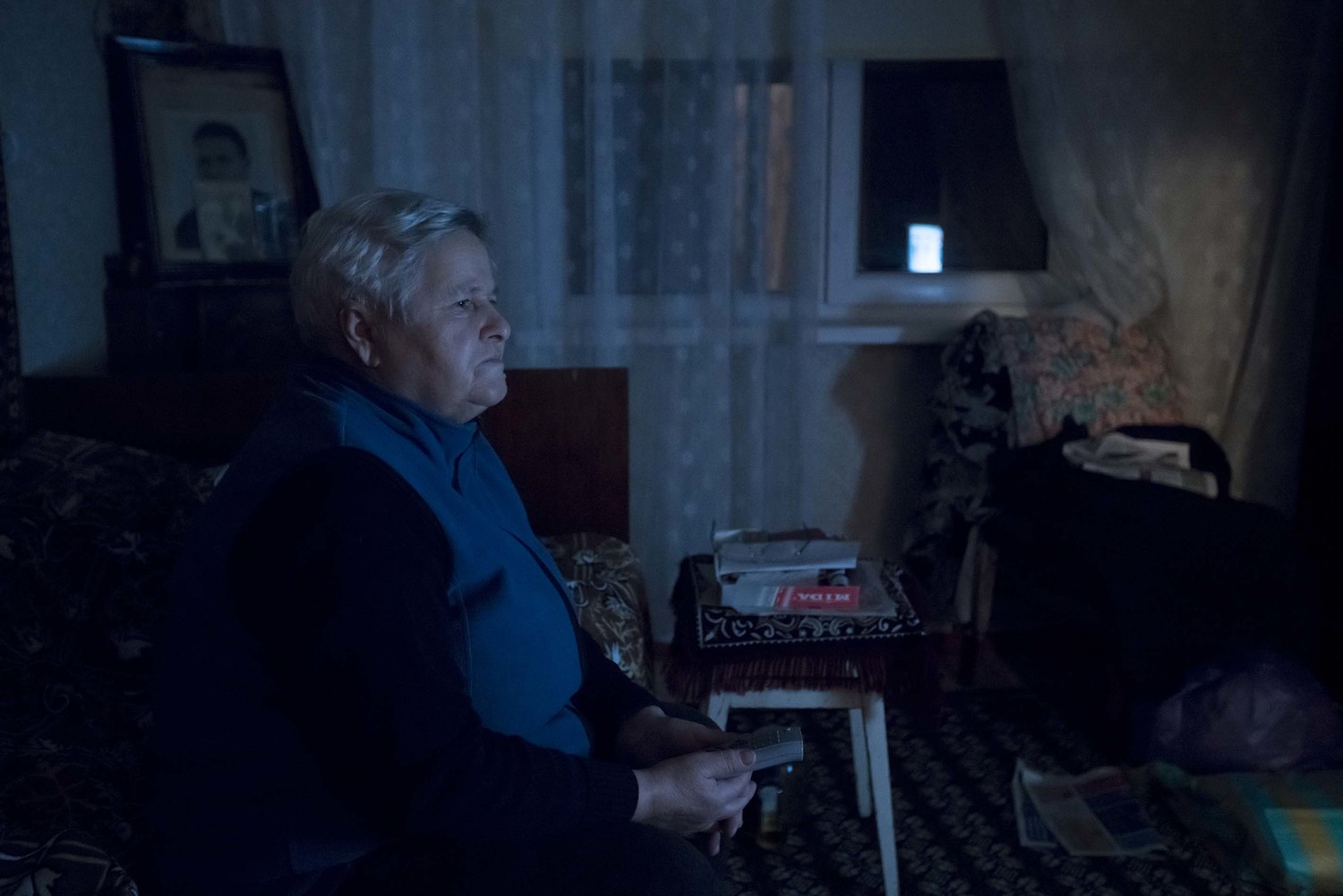Features
EnAct looks for creative ways to explore particular aspects of COLD@HOME themes. Check out the Features summaries below, then click on the images to link to related content.
31 Mar 2022 | PODCAST: ENERGY IN ARMENIA - FUEL WOOD AND DEFORESTATION
In the second of a two-part series, Alyssa Bougie and Astghine Pasoyan explore a serious energy challenge in rural Armenia. People value deeply the ‘services’ that forests provide and worry about deforestation — but still turn to trees as the closest, cheapest source of energy. In turn, traditional knowledge and family roles block uptake of more sustainable technologies and practices.
24 Feb 2022 | PODCAST: TACKLING HIGH RATES OF ENERGY POVERTY IN RURAL ARMENIA
In the first of a two-part series, Alyssa Bougie, Astghine Pasoyan and Norayr Ben Ohanian talk EnAct what drives severe energy poverty in rural areas of this cold, mountainous country -- as well as cultural norms and long-held myths that hamper more efficient use of available resources. The interview also highlights actions underway to advance a clean energy transition that is fairer for all citizens.
08 July 2021 | PODCAST: ENERGY ACCESS AND THE RIGHT TO A DIGNIFIED LIFE
Much work on access to energy as a basic human right aims to establish minimum levels of energy supply or find ways to reduce consumption and costs. This podcast shifts discussion to social dimensions of energy deprivation, with in-depth exploration of the concepts of ‘energy justice’ and the ‘capabilities approach’. Existing human rights law typically starts by mentioning the goal of enabling people to have ‘a dignified life.’ This topic sparked great interest at the COST ENGAGER event entitled “Co-Creating the Right to Energy from Theory to Practice.” Listen in to hear from Dr. Katrin Großman, Jade Monroe, Irene Gonzalez-Pijuan and Dr. Neil Simcock.
24 April 2021 | PODCAST: MAKING A CASE FOR THE RIGHT TO ENERGY
How can you build a legal case for the right to energy? Human right lawyer David Kabanda walks us through legal action underway in Uganda, based on the argument that in cutting power supply to a hospital, the electricity company failed in its obligation to respect the right to life as embedded in the constitution. Emerging from the COST ENGAGER event entitled “Co-Creating the Right to Energy from Theory to Practice”, this third in a series of four podcasts also explores the importance of literacy about energy and energy rights.
19 November 2020 | PODCAST: A POLICY FRAMEWORK FOR THE RIGHT TO ENERGY
How, from a practical standpoint, can policy makers uphold the right to energy? Or advocacy groups make the case for concrete action? Dr. Chian-Woei Shyu of the National Chung Cheng University of Taiwan describes framework with 8 dimensions and ~35 aspects that can serve as a check list for progress. This is the second in a series of four podcasts coming out of the COST ENGAGER event entitled “Co-Creating the Right to Energy from Theory to Practice.”
05 October 2020 | PODCAST: ENERGY ACCESS AS A BASIC HUMAN RIGHT
What does it mean for States for to uphold basic human rights? And which countries are taking progressive action in relation to access to energy? Marlies Hesselman, Lecturer at the University of Groningen, takes us on ‘world tour’ of her recent research. This is the first in a series of four podcasts coming out of the COST ENGAGER event entitled “Co-Creating the Right to Energy from Theory to Practice.”
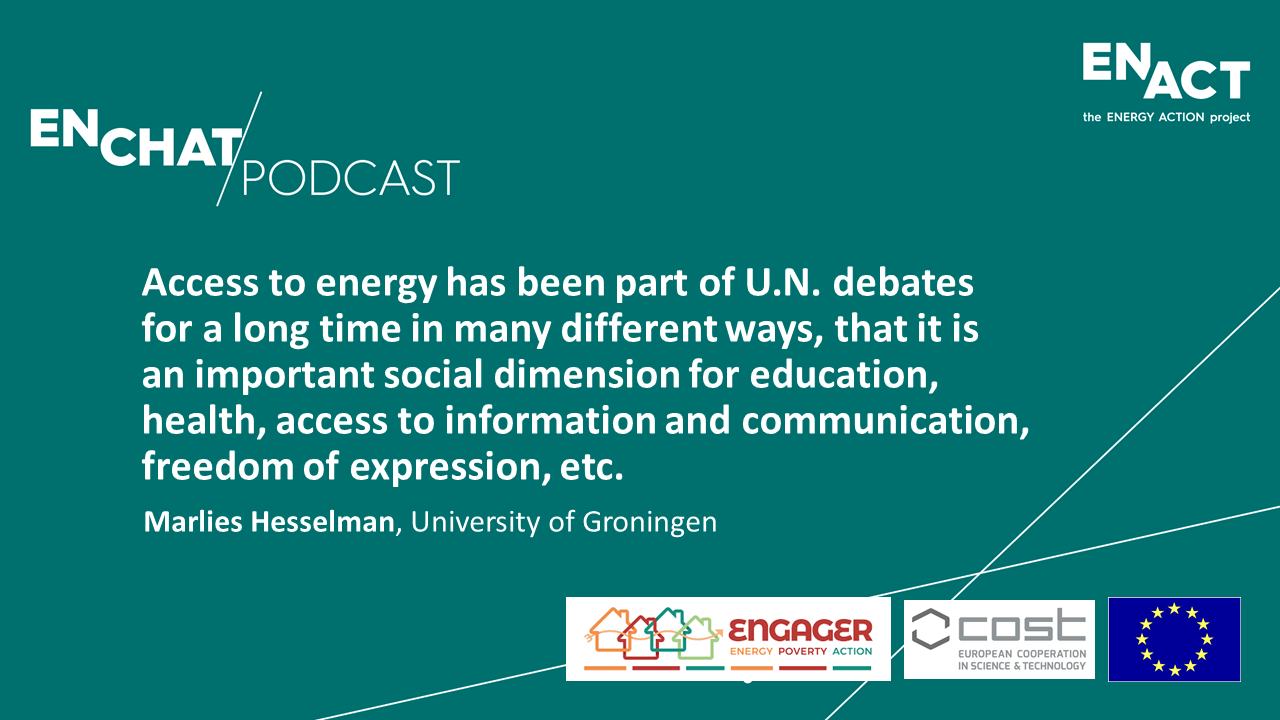
03 August 2020 | PODCAST: LEVERAGING CARBON REVENUES IN THE EU RENOVATION WAVE
In this first podcast, co-produced with Renovate Europe, Louise Sunderland of the Regulatory Assistance Project talks about recent research that shows using carbon revenues to fix the homes of low-income families delivers high returns in emissions reduction and societal benefits.
03 March 2020 | FINANCING DEEP ENERGY RENOVATION: POLICY ACTION, PUBLIC-PRIVATE PARTNERSHIPS AND FINANCIAL TOOLS
Massively expanding deep energy renovation of public/private buildings and of individual homes is a multi-faceted financing challenge. Here, we examine the potential of public-private partnerships and energy service companies (ESCOs) for large-scale projects and diverse schemes to incentivise individual home owners, which account for 70% of EU residential property. The aim of stimulating a 'Renovation Wave' within the European Green Deal needs a versatile energy renovation ecosystem.
(Part 4 of 4)
27 February 2020 | FINANCING DEEP ENERGY RENOVATION: LEVERAGING THE JUST TRANSITION MECHANISM AND CARBON REVENUES
At an estimated cost of ~€1 bn per day, every day until 2050, the ambition to carry out deep energy renovations on 97% of the existing EU building stock seems insurmountable. But unless we fix buildings, the stated goals of the European Green Deal (EGD) will not be met. This feature examines financial engineering principles that underpin how the EGD Just Transition Mechanism aims to leverage public and private investment as well as the huge returns to be gained by directing carbon revenues into energy efficiency. The challenge remains massive, but helpful to see what is possible.
(Part 3 of 4)
20 January 2020 | PROOF OF HOW BUILDINGS RENOVATION CAN HELP MEET THE EUROPEAN GREAN DEAL
Launched as “the EU’s Man on the Moon moment”, the European Green Deal is massively ambitious in scope and scale. While we appreciate the breadth of its eight “deeply transformative policies” and are pleased to see these backed up with a Roadmap of 50 related measures, Renovate Europe finds that the vital and underpinning roles of energy efficiency and building renovations are not fully considered.
(Part 2 of 4)
06 January 2020 | BUILDINGS RENOVATION AND THE EU GREEN DEAL
At present, buildings account for 40% of EU energy demand and 36% of CO2 emissions. Each year, the EU imports 55% of its energy needs at a cost of approximately €300 billion. As the EU Green Deal takes shape, EnAct is following the efforts of Renovate Europe to boost recognition of research that attaches financial figures to the value of benefits that energy efficiency measures deliver to public agencies, private entities, economies as a whole and to individual citizens. Renovating private homes, for example, is shown to have a benefit-cost ratio of 4:1, reflecting reductions in healthcare expenditures, elimination of energy subsidy payouts, job creation and greater economic empowerment of citizens who are lifted out of energy poverty. Click the photo to access the full feature.
(Part 1 of 4)
15 November 2019 | PHOTO ESSAY: OVER-EXPOSED: ENERGY POVERTY IN CENTRAL AND EASTERN EUROPE
Among 28 countries comprising the European Union, Bulgaria and Hungary hold the distinction of ranking lowest on the newly released EU Domestic Energy Poverty Index; scores are somewhat better for neighbouring countries of the Czech Republic (15), Poland (14) and Romania (13) slightly better. This photo essay shows harsh realities while also featuring the Social Innovation to Tackle Energy Poverty initiative led by the Schneider Electric Foundation and Ashoka Foundation.
12 March 2018 | EXPOSED [PHOTO ESSAY]
Winter cold. Summer heat. Extremes of either can trigger strong physical reactions in the human body. Frost bite and hypothermia. Dehydration and heat stroke. EXPOSED examines the ways in which people across Europe become vulnerable when sufficient energy to support health and well-being is either unavailable or unaffordable.
23 January 2018 | FIXING FUEL POVERTY [PODCAST]
Dr. Brenda Boardman coined the phrase 'fuel poverty' back in the 1980s, when she began investigating what conditions make it difficult for some households in the UK to stay warm and well in winter. In this podcast, we ask Dr. Boardman what has changed in the past 30 years, and learn what challenges still remain.
24 April 2016 | ENERGY EFFICIENCY AS A HEALTH CURE
Improving houses to improve health and well-being is a core element of the Irish government's recently launched fuel poverty strategy. With a budget of EUR 20 million over three years (2016-19), Ireland's new strategy is designed to demonstrate that energy efficiency investments improve personal health, thereby reducing public health costs. It also sets out goals of empowering individuals through energy savings and upgrading the quality of the rental housing market.
The ambitious strategy is backed up by cross-sectoral engagement, shared responsibilities, a new model for governance and plans for independent assessment.
29 March 2016 | PENNIES MAKE POUNDS
In 2012, 386 000 of households in Wales were estimated to be in fuel poverty - almost 30% of the total population and a rise of 54 000 compared with 2008. Dawn McInnes, a single mother with two growing boys - Nathan and Callum - recognised her family was on the brink, and began looking for ways to take control of the situation. "Pennies make pounds" has become the household motto.
Over the same period, the Welsh government launched a strategic initiative to improve the energy performance of houses across the country. A focus on the town of Merthyr-Tidfyl provides some interesting glimpses of success factors and challenges in the Arbed Scheme.
7 March 2016 | WHERE DOES FUEL POVERTY EXIST?
Rates of fuel poverty vary drastically from country to country or even among communities within a country. Across the European Union (EU) for example, 70% of people in Bulgaria are unable to keep their homes adequately warm in winter, while rates in more northern countries are much lower - i.e. only 9.6% in Estonia, 7.1% in Denmark and 3.5% in Sweden. This week, COLD@HOME starts exploring causes of fuel poverty that reflect specific contexts, and examining why it is so important to apply fit-for-purpose solutions.
22 February 2016 | WHAT DO COLD HOMES COST A COUNTRY?
Strong evidence links cold homes to a number of health problems, ranging from mild to severe; in some cases, chronic cold can be fatal. EnAct has collaborated with the BRE (Buildings Research Establishment) in the United Kingdom to explore 'cold' as a housing hazard and just how much cold homes end up costing the National Health Service.
15 February 2016 | COLD AT HOME [Documentary Film]
Katja, Stephan and Masha are three of an estimated 100 million people in industrialized countries who can't afford enough energy to keep their homes warm in winter.
COLD@HOME starts with their story to make a strong point: with rates of fuel poverty ranging from 8% to 43% in different countries, most of us will be close to someone living in it.
